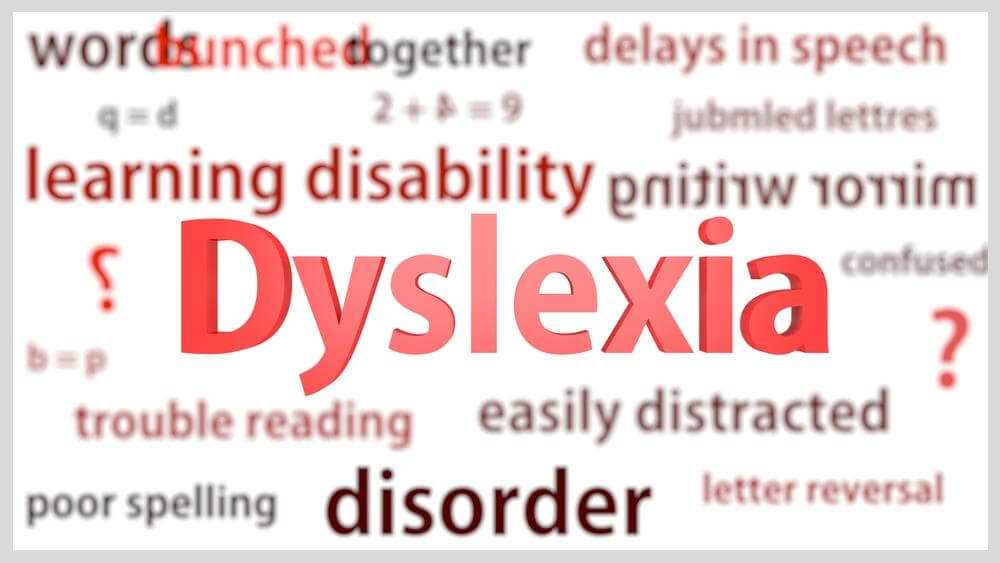
The recent Employment Tribunal decision in the case of Kumulchew – v – Starbucks, in which the Tribunal made its decision in mid-December 2015, was not the first case to identify that an employee had been discriminated against as a result of dyslexia, a mental impairment which does not affect intelligence but can manifest itself with difficulties reading or interpreting words, spelling, writing, memory and concentration, maths and self-organisation.
In this case, Ms Kumulchew was accused by her employers of falsifying records when she had entered information inaccurately, which is one of the symptoms of her disability. Although her employers were aware of her dyslexia, they failed to make reasonable adjustments to accommodate her reading difficulties, victimising her by demoting her and ordering her to retrain, instead of providing appropriate support as required by the Equality Act 2010.
Ms Kumulchew remains an employee of Starbucks who have indicated that they are in the process of assessing workplace support for Ms Kumulchew and are committed to having a “diverse and inclusive workforce” that “feel welcome and comfortable in our stores”.
There are a variety of different types of disability discrimination: direct, associative, perceptive, indirect, failure to make reasonable adjustments, discrimination arising from disability/related discrimination, combined, harassment and victimisation. This short article is not the place to provide a critical analysis of each but it is instead intended to notify employers to be wary and ensure that all staff members are adequately trained to respond to and deal with such matters appropriately, whilst at the same time alerting employees that there is a wealth of legislation in place to protect them from undesirable behaviours, attitudes and activities related to either their disability, or the disability of someone with whom they are associated, which may place them at a disadvantage.
For information regarding discriminations please contact our Employment team on 01905 721600.
